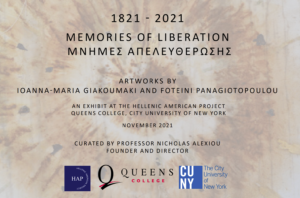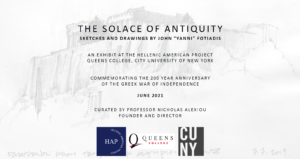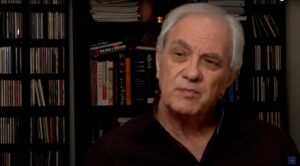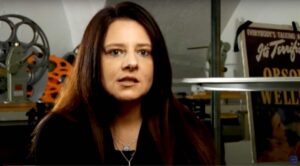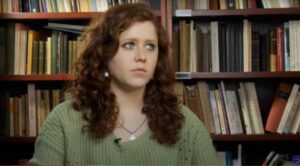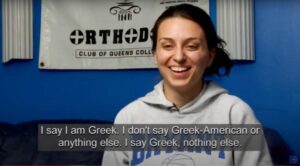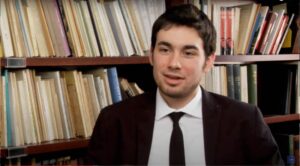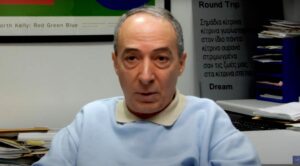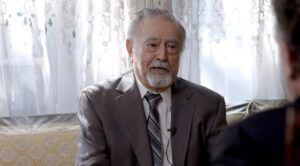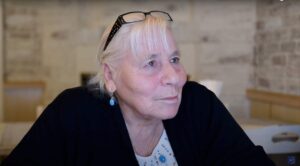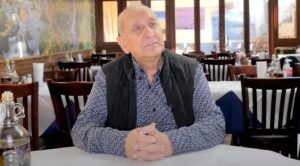Hellenic American Project (HAP), Department of Sociology, Queens College, CUNY, is a nonprofit program that documents the Hellenic American presence in the United States from the first wave of mass immigration in 1900 to the present. HAP operates as a research facility, archive, Greek American Library, museum, and event space.
The purpose of HAP is to cultivate a seamless narrative that encompasses the Hellenic American experience through an innovative multifaceted approach combining primary and secondary sources while making them available to the public. HAP initiatives include: conducting interviews that are organized into generational oral histories, analyzing population data, curating and digitizing cultural artifacts and books, and organizing academic symposia and cultural events.
HAP is the only program of its kind in New York and needs your support to continue. All donations are welcome and go towards ongoing interviews and digitization of materials. The fastest and easiest way to donate is by clicking the Donate link. As a donating member, you will be on the mailing list for symposia, events, and the HAP newsletter. To contact us about scheduling a visit or donating archives and relevant cultural artifacts, complete the message form below. We look forward to hearing from you.
Projects
Galleries
Oral History
Food Services
Covid 19 Interviews
Queens College, CUNY
Stavros Niarchos Foundation
Our Sponsors
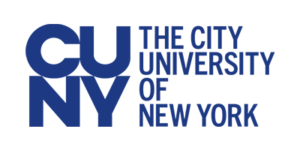
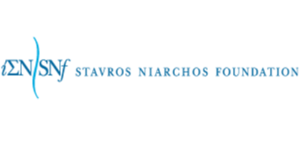
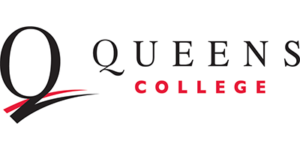



Want to support?
Help us raise money in support of researching and continuing documenting the Greek American community
Contact us to schedule a visit, or any other inquires:
- Nicholas Alexiou
- HAP, Founder & Director
- nicholas.alexiou@qc.cuny.edu
Address
Queens College
Queens Hall, R:015
65-21 Main Street
Queens, NY 11367
Send a message
Acknowledgements
Constantino Brumidi (July 26, 1805 – February 19, 1880) was a Greek-Italian-American historical painter and muralist known as the “Architect of the Capitol” and referred to as the “Michelangelo of the Capitol” for the murals he painted in the United States Capitol over 25 years. On June 10, 2008, Congress passed, and on September 1, 2008, President George W. Bush signed, Public Law 110-259, which posthumously awarded the Congressional Gold Medal to Constantino Brumidi. Pub. L. No. 110-259, §1, ¶ 10, 122 Stat. 2430 (2008) states: “Constantino Brumidi’s life and work exemplify the lives of millions of immigrants who came to pursue the American dream.”
The collage featured on the homepage includes two of Brumidi’s works. Apotheosis of Washington is the 1865 fresco that adorns the underside of the dome in the rotunda of the Untied States Capitol. The work is in the public domain in its country of origin (United States) and other countries and areas where the copyright term is the author’s life plus 100 years or fewer, via Wikimedia Commons. Liberty is the 1869 painting mounted in the ceiling of the White House Entrance Hall. The file is licensed under the Creative Commons Attribution-Share Alike 3.0 license, Constantino Brumidi, CC BY-SA 3.0 <http://creativecommons.org/licenses/by-sa/3.0/>, via Wikimedia Commons. If you are interested in learning more about Constantino Brumidi, click here for the Arts & Culture feature in the March 2021 Hellenic American Project Newsletter.





